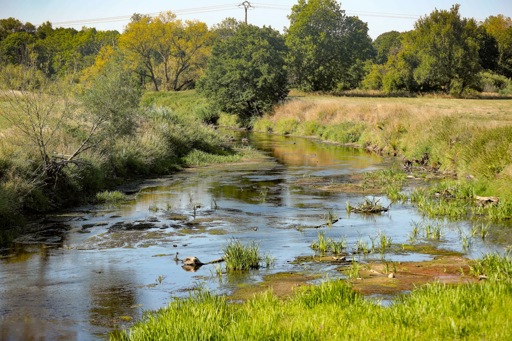New research from the universities of Liège and Antwerp shows that heat threatens local biodiversity in the Belgian countryside. “Exotic plants are moving from the city to the countryside,” scientists said in a press release on Monday.
Belgian cities are home to exotic plant species different from those found in the cooler countryside. But “summers like this could cause these species to take hold everywhere,” the researchers warn.
“Hot air envelops cities like a blanket on very hot days”, explains Jonas Lembrechts (UAntwerpen). “Furthermore, the soil in the city is often drier than that of the surrounding countryside. More water drains off and the extra heat causes faster evaporation, Belga News Agency reports.
Related News
- One million litres per day: Belgian company makes water available during drought
- Food prices continue to rise due to extreme drought
- Belgium experiences surge in food poisoning this summer
Warmer environments were previously confined to the city, with exotic plants simply not suited to the climatic conditions of the countryside. Yet "now that the summers are getting drier and hotter and our winters are not as cold as they used to be, the conditions conducive to their development are expanding”.
For example, exogenous plants in urban areas, such as the celestial tree or the Anna Pauwlona tree, are likely to spread to the countryside. This could be to the detriment of the native biodiversity of the countryside, already weakened by droughts and heat waves.

